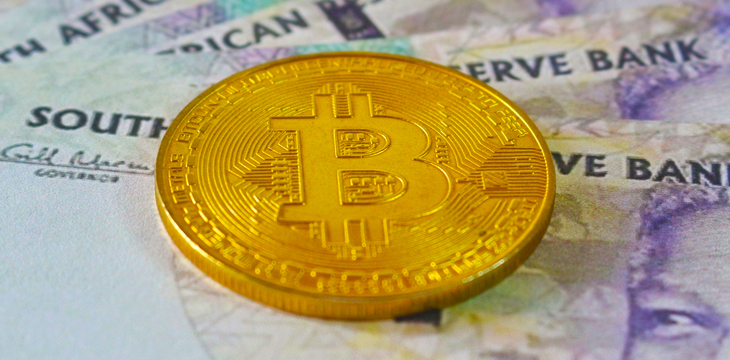|
Getting your Trinity Audio player ready...
|
Cryptos should have come to Africa first, as that’s where they are needed the most. You might have heard people say this, and rightly so. Africa has the highest remittance fees in the world, twice the global average. A majority of the population is also unbanked, further making the case for crypto.
Blockchain technology is just as crucial in the continent. The technology introduces transparency, immutability, efficiency, low costs and accountability. These are all benefits that any country globally, no matter how developed, yearns for. In Africa, these benefits are needed much more than anywhere else in the world.
The first crippling challenge that blockchain technology will help Africa fight is corruption. This challenge is alarmingly prevalent in the continent that’s considered the cradle of mankind.
Out of the 25 most corrupt countries, 15 are in Africa. Somalia ranks as the most corrupt country globally, with South Sudan coming in second. According to a report by Transparency International, 25 percent of all the development resources in the continent ends up in the greedy pockets of a few.
In comes blockchain technology to solve a challenge that has plagued most African nations since they gained independence from European powers. The uptake has been quite encouraging. In Kenya, a blockchain-based land registration platform seeks to bring to an end the impunity that’s rampant in the land department. It’s worryingly common for many land owners to realize way too late that the property they thought they owned isn’t actually theirs.
In the Democratic Republic of Congo, blockchain technology is ending child labor. Through a blockchain-based platform by Ford and IBM, the cobalt mines have to account for every laborer, saving many kids from a life of oppression.
In Tanzania, the country’s pragmatic president commissioned the implementation of blockchain technology in the country’s public sector. The country had grappled with ghost workers who only exist on paper. In the few months after implementing the technology, the government announced that it was saving $195 million every month in ghost workers’ salaries.
So, it’s clear for everyone to see that blockchain technology will save Africa from corruption. And yet, the fight against corruption will be much more difficult than just implementing new technology.
The greatest impediment in the fight against corruption in the continent are the leaders. Ironically, and tragically so, the very people who are supposed to spearhead the fight against corruption are the same people who are masterminds at looting the public coffers.
This is perhaps best seen in Kenya, a country in which one in three citizens perceive the deputy president as the most corrupt individual. According to a survey conducted last year, a third of Kenyans also perceive corruption as the biggest challenge facing the country.
In South Africa, the country’s former president Jacob Zuma was ousted from office after the people got fed up with his corrupt ways. Zuma was forced out by his own political party, a positive sign for South Africa. Nevertheless, most of the corrupt officials of his tenure still hold positions of power.
In Nigeria, it’s worse. While the current president Muhammadu Buhari has always promised to fight corruption, he is yet to show any results for his tough talk. In the run up to his just-concluded re-election, his opponent famously stated:
“Mr. President, the problem with your anti-corruption war is not the system. You are the problem!”
And therein lies Africa’s biggest challenge in its fight against corruption. These leaders will actively fight any system that fights corruption, blockchain not exempted.
Currently, no government in Africa has come out to fully back blockchain technology. This is despite many countries in the continent already reaping its benefits. The technology is too nascent and untested, some have argued.
The people will have to push for the implementation of the blockchain in governance. Granted, this won’t be easy. However, Algerians set an example for everyone after their consistent protests led the incumbent 82-year-old president to give up running for a fifth term.
Those who are exposed by the transparency that blockchain brings will cry foul and say that they are being targeted by their political foes. This must not deter the people. Blockchain technology may be the continent’s only chance at ridding itself of corruption.
Recommended for you
The views expressed in this article are those of the author and do not necessarily reflect the position of CoinGeek.

 03-03-2026
03-03-2026 




